What is Diabetic Hypoglycemia?
What is Diabetic Hypoglycemia?
People living with type 1 or type 2 diabetes may experience Diabetic Hypoglycemia when their blood sugar reaches an abnormally low level, usually 70mg/dL or below. Most cases are mild and are not considered medical emergencies. Hypoglycemia can be due to meals or snacks that are too small, delayed or skipped, increased physical activity, drinking alcoholic beverages, and certain medications.
Cause of Diabetic Hypoglycemia
Hypoglycemia is a condition when our blood sugar level goes down dangerously. It mostly happens to people with Type 1 or Type 2 diabetes, when they do not follow their medical regiment, diet or exercise plan. It very rarely occurs to a non-diabetic person.
Symptoms of Hypoglycemia
Effects can range from feelings of unease, sweating, trembling, and increased appetite in mild cases to more serious issues such as confusion, changes in behavior, seizures, unconsciousness, and (rarely) permanent brain damage or death in severe cases.

Corporate Wellness App
CircleCare
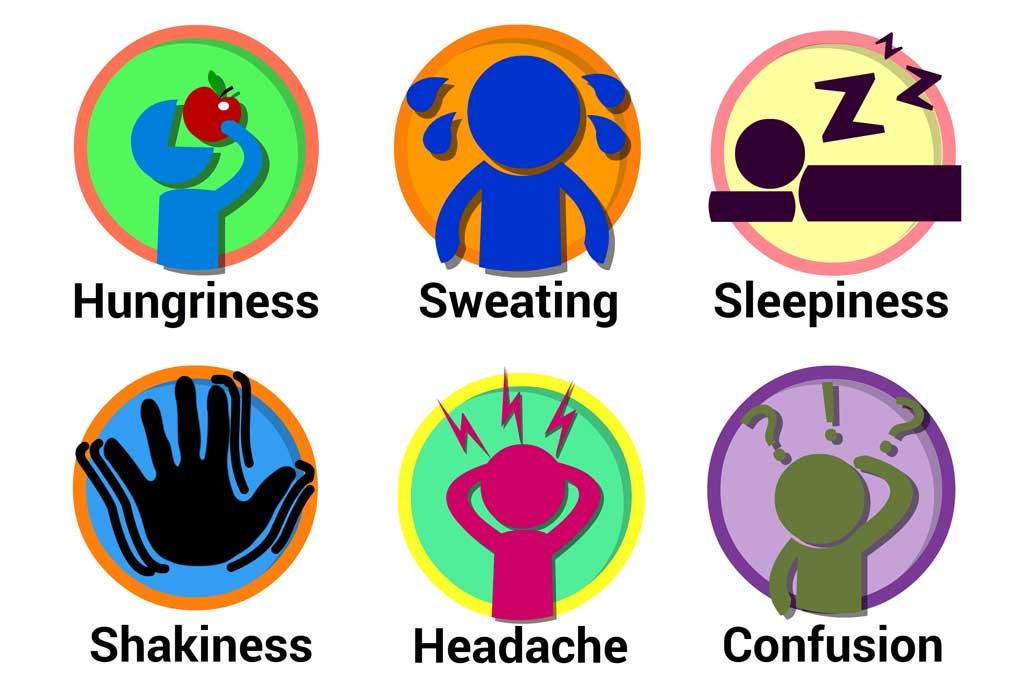
Is death on the table due to hypoglycemia?
If blood glucose levels drop to dangerously low level while sleeping, one might experience nightmares, cry out during sleep, or other unusual behaviors. This type of severe low blood sugar is sometimes called insulin shock. Untreated, it can be very dangerous, resulting in seizures, loss of consciousness, or death.
How to treat Hypoglycemia?
Mild cases are self-treated by eating or drinking something high in sugar. Severe cases can lead to unconsciousness and must be treated with intravenous glucose or injections with glucagon
How to prevent Diabetic Hypoglycemia attacks?
To prevent diabetic hypoglycemia attacks, a person needs to lead a healthy lifestyle:
- Don’t skip or delay your meals.
- Monitor your blood sugar regularly.
- Keep a log of blood sugar levels after every meal and exercise to understand how they affect each other.
- Always take your medicine as the doctor advised you to, do not overdose or skip.
- Try to keep a balance between your medicine, meals and physical activities.
- Record your low glucose symptoms and share it with your friends and family.

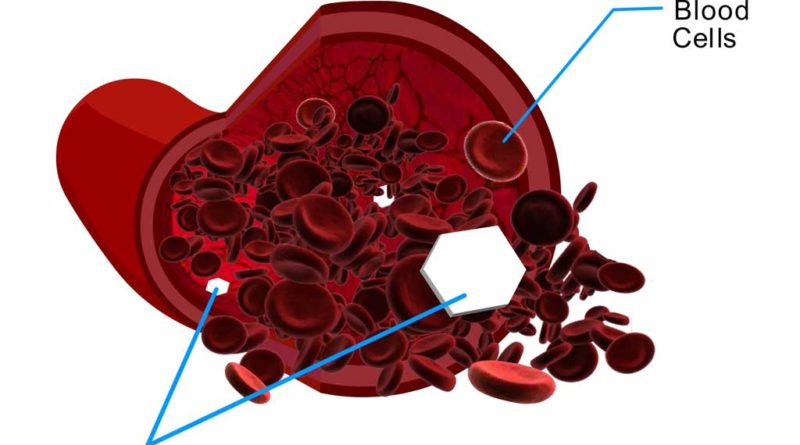

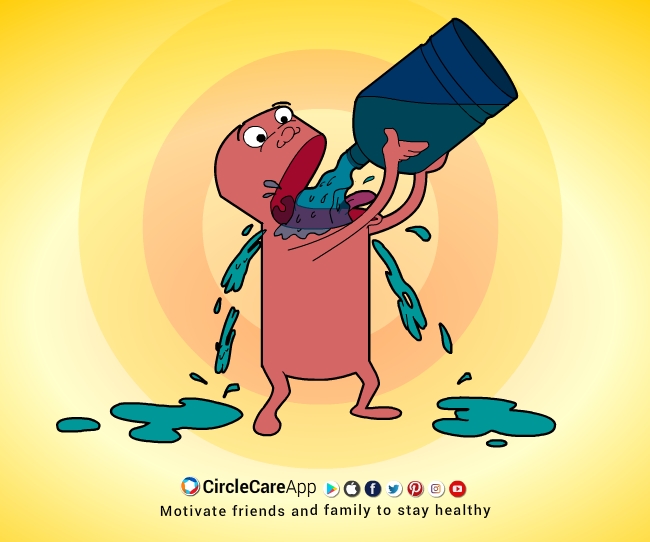
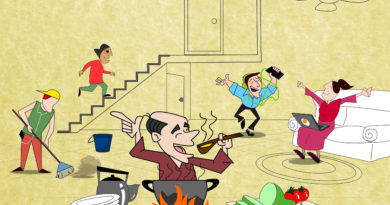
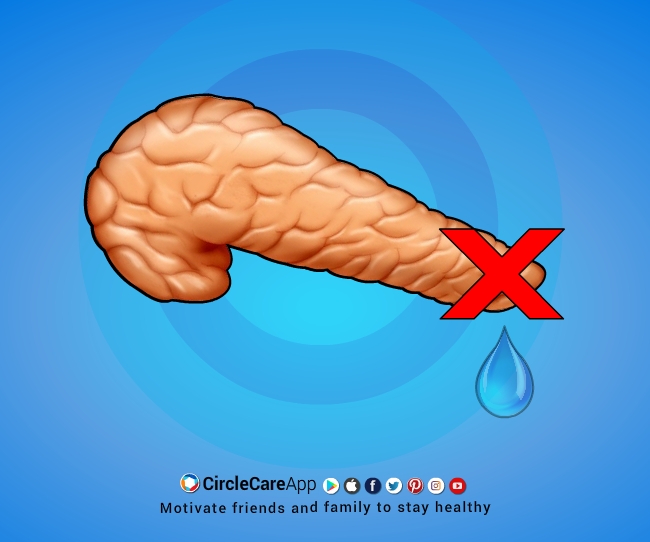
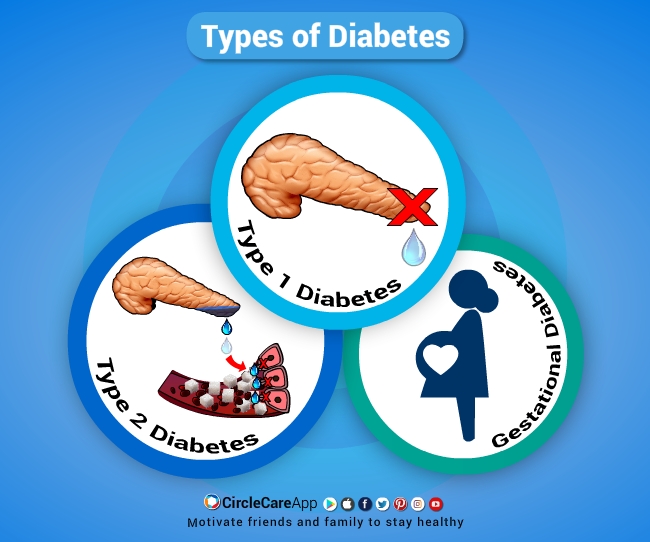


Pingback:Ten things you feel when your blood sugar is low? | CircleCare